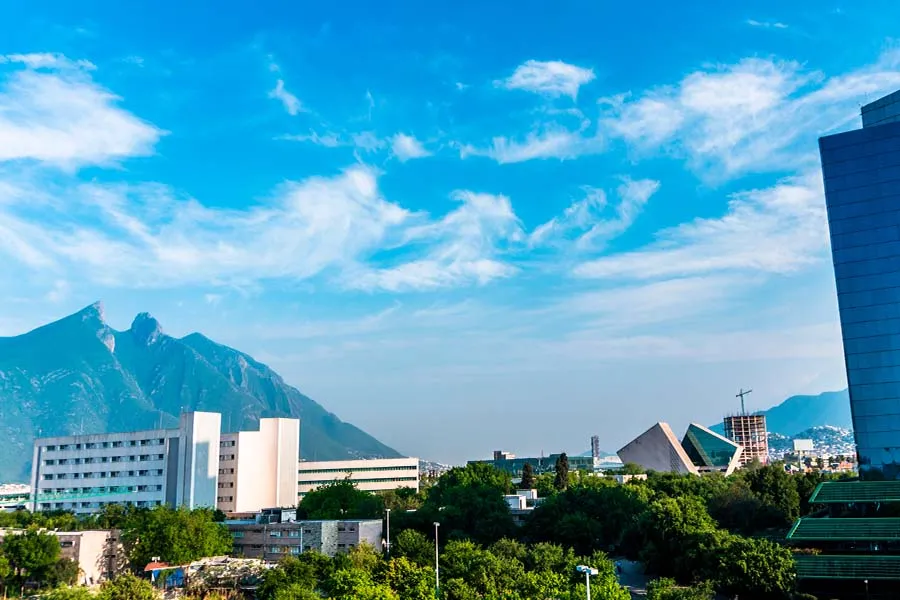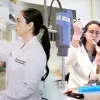In order to contribute to achieving the Sustainable Development Goals (SDGs), the Tec School of Engineering and Sciences (EIC), will be analyzing the status of waste management in Mexico in collaboration with the University of Georgia, the FEMSA Foundation, and Ocean Conservancy.
It will do so by implementing a methodology known as the Circularity Assessment Protocol (CAP), developed by the University of Georgia, which has been tested successfully in 10 different countries.
In the words of University of Georgia professor Jenna R. Jambeck, who is also the lead author for this methodology: “CAP is a collaborative data-gathering process to enhance decision-making on the management of sustainable materials.”

In Mexico, CAP will be launched simultaneously for the first time in four different centers: Mexico City, Monterrey, Querétaro, and Chiapas.
Jenna R. Jambeck added that the initiative will have a direct impact on several SDGs, from Number 11: “Sustainable Cities and Communities“ to Number 12: “Responsible Production and Consumption“ and Number 14: “Life Below Water“.
For her part, Gabriela Ortiz Martínez, professor of sustainable technologies and civil engineering at the Tec’s Monterrey campus, said that the study will allow them to determine behavioral patterns and information that will help improve waste management.

The aim is to reincorporate these into the value chain and favor the principles of the circular economy, while also preventing much of this waste from ending up in the oceans.
“By applying this methodology, we can evaluate the traceability of the waste that forms part of our everyday lives and make a diagnosis.”
Based on this analysis, new strategies can be designed that prevent inappropriate disposal of waste and identify recovery options by means of a circular economy,” said Gabriela Ortiz.
She added that as the Tec will be the institution leading implementation of the methodology in Mexico, one academic leader has been designated from each campus where the project is to be carried out.
“CAP is a collaborative data-gathering process to enhance decision-making on the management of sustainable materials.”
These are the professors who have been designated: for Monterrey campus, Mónica Delgado and Yasmany Mancilla; Carlos Ortiz at Santa Fe; Emilio Clark at Querétaro; and Mario Alberto Trujillo for Chiapas.
Ortiz Martínez acknowledged the work of the FEMSA Foundation and its sustainable development manager, Carlos Hurtado, who has worked to bring the organizations taking part together.

She added that the idea of a circular economy is gaining ground on the agenda of the Tec School of Engineering and Sciences, as a commitment to sustainability forms part of its academic goals.
“The CAP methodology is for us an example of how to implement effective solutions for preventing waste from going into the ocean,” said Érica Núñez, a manager at Ocean Conservancy.
She affirmed that this method of evaluating what is really happening at local level in terms of waste management can provide communities with a useful tool for taking specific steps in accordance with their needs.

What’s more, Karina Ledesma, a sustainable development analyst at the FEMSA Foundation, said that the issue of waste management depends on the characteristics of each city, so they aim to use this methodology to close gaps in understanding of the problem and generate highly valuable information.
“It’s an important opportunity for collaboration, as it allows us to set the standard in Mexico on how to address a global problem,” she explained.
For implementation, the project will have the support of the EIC Water Center through its director, Alberto Mendoza Domínguez.
YOU’LL SURELY WANT TO READ THIS TOO:





